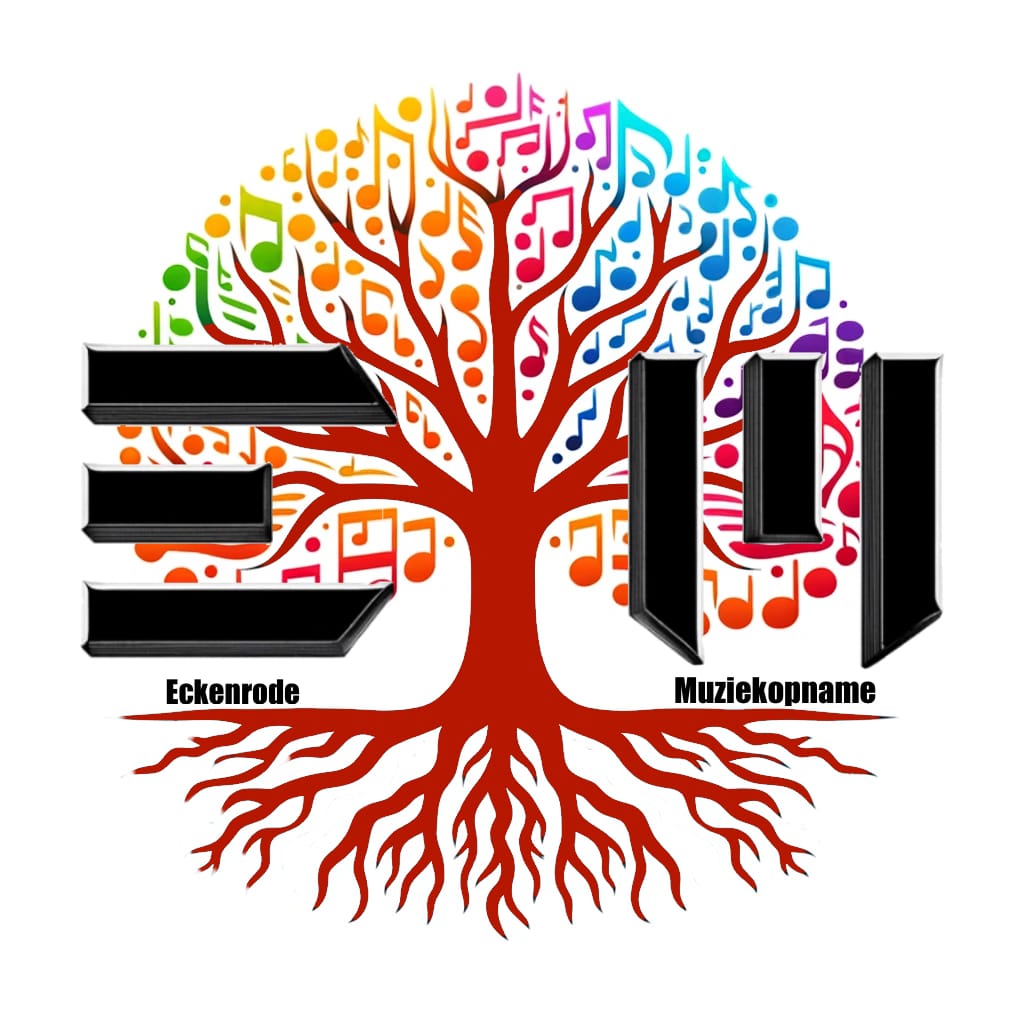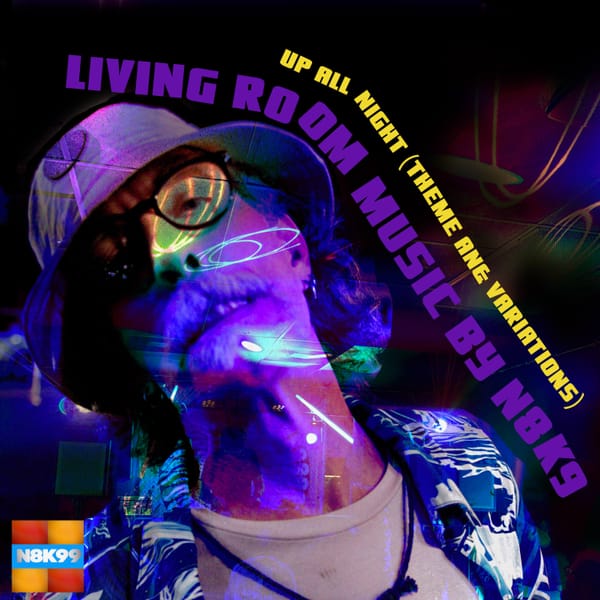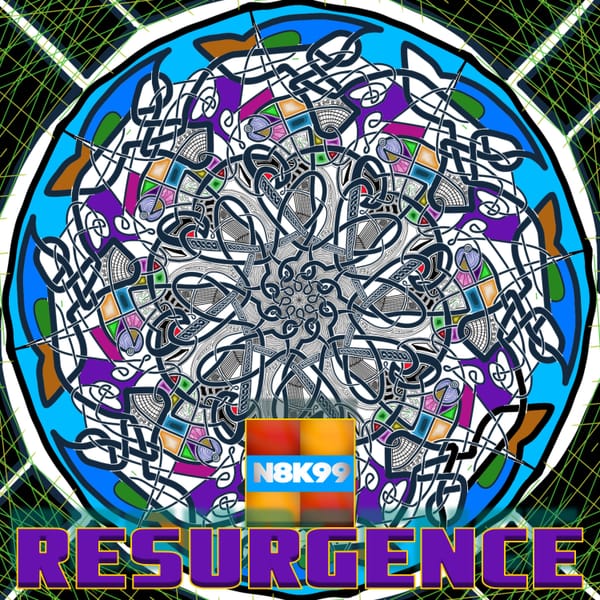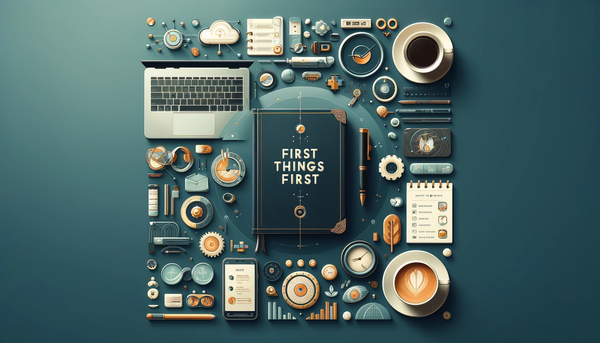AI in Music: Ethical and Legal Implications
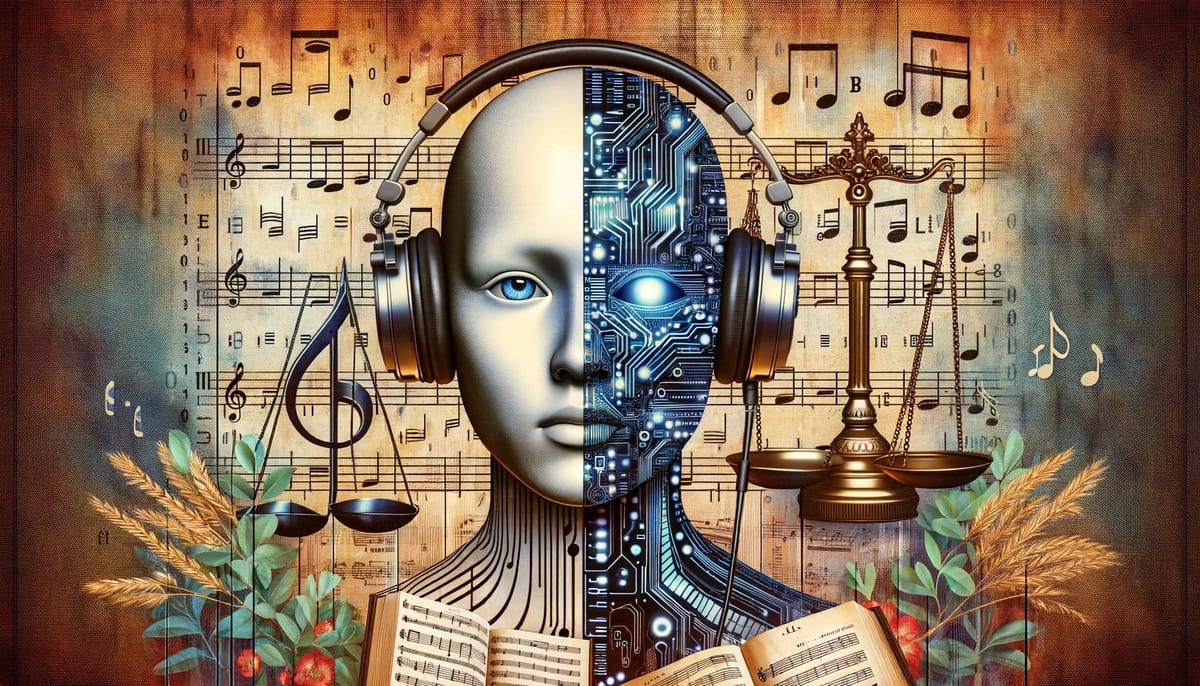
AI in Music: Ethical and Legal Implications
The integration of Artificial Intelligence (AI) in the music industry is not just a technological advancement but also a significant legal and ethical turning point. AI-generated music is raising complex questions about copyright, rights of publicity, and the essence of creativity itself.
Legal Landscape: A Collision of Innovation and Rights
The legal challenges of AI-generated music primarily revolve around copyright and the right of publicity. The key issues include the source material used to train AI software and the content created and marketed as AI-generated music. These encompass musical compositions, sound recordings, and even artists' likenesses or voices. Currently, the law is trying to catch up with the pace of AI development, particularly regarding the use of source material, which could potentially constitute fair use under copyright law. However, the success of such an argument remains uncertain^1.
The U.S. Copyright Office has initiated an examination of AI-related copyright law and policy issues, including the scope of copyright protection for AI-generated works and the use of copyrighted materials in AI training. The uncertainty in these areas is reminiscent of the challenges faced during the Napster era, where the legal precedent's applicability to AI-generated art is still uncertain^2.
Ethical Dimensions: Mimicry and the Threat to Artistic Integrity
AI's capability to mimic established artists' styles poses ethical dilemmas. There's a real threat to artistic integrity, as AI can create music that sounds remarkably similar to existing artists, raising questions about the originality and authenticity of such works. This mimicry could potentially replace human artists, impacting their livelihoods and rights. The situation is further complicated in regions like Europe, where there's a stronger emphasis on rights and privacy issues^3.
AI in Practice: A Catalyst for Change
AI's application in music extends beyond mere generation of content. It's reshaping job roles and demanding a reevaluation of industry expertise and creativity. AI can assist in tasks like metadata management and royalty accounting, which are increasingly complex in the era of streaming services^3.
The Future of AI-Generated Music: Copyright and Ownership Quandaries
The question of whether AI-generated music can be copyrighted hinges on the concept of originality, especially under English law. Sound recordings, regardless of their creation by AI or humans, are protected as there is no requirement of "originality" for such protection. However, the protection of songs or lyrics demands originality, which is ambiguous in the case of AI-generated works. The UK Intellectual Property Office's public consultation on AI and intellectual property has left open the uncertainty regarding the subsistence or ownership of copyright in computer-generated works^4.
Navigating the AI Revolution in Music
As AI technology continues to advance, the music industry is compelled to adapt. This involves strategic litigation, offering licenses, embracing new technology, and innovating business models. However, with AI's ability to generate music rapidly and at high quality, there's a looming challenge to the traditional music industry's structure. The increasing prevalence of AI-generated music and sound-alikes is forcing major labels and rights holders to strategize for protecting their investments and intellectual property^5.
In Conclusion
The advent of AI in music brings with it a host of legal and ethical questions that challenge traditional notions of creativity, ownership, and copyright. As the technology evolves, so must the legal frameworks and ethical standards governing its use, ensuring a balance between innovation and the protection of human creativity and rights.
Footnotes
- Music Law Pro: The Rise of AI-Generated Music: Legal Considerations.
- The National Law Review: How Artificial Intelligence is Shaking Up the Music Industry.
- American Enterprise Institute: The Promise and Peril of AI in the Music Industry.
- Clifford Chance: AI-Generated Music and Copyright.
- Reed Smith LLP: Music | Entertainment and Media Guide to AI.
